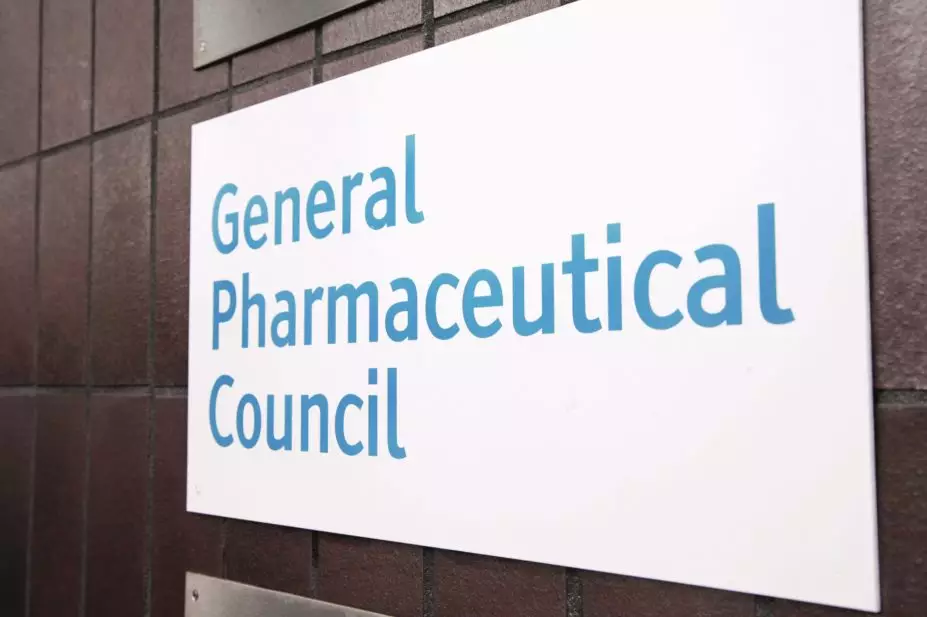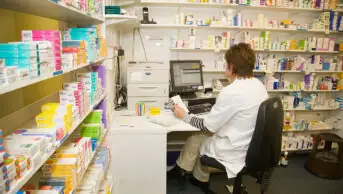
General Pharmaceutical Council
The General Pharmaceutical Council (GPhC) has said it “expects to recommend” moving forward with proposals requiring pharmacy schools to offer integrated programmes of “study and practical experience”.
With more than 600 written responses to its consultation on the ‘Initial education and training standards for pharmacists’, the regulator said it received “many responses” taking issue with the delivery and funding of a proposed requirement for pharmacy schools to offer integrated programmes.
But the GPhC has said that it still “expects to recommend confirming that study and practical experience must be more closely integrated, for the reasons set out in [the] consultation document”.
The consultation, which ran from January to April 2019, described integrated pharmacy programmes as “essential” to enabling “a greater focus on clinical skills, on communicating with patients and on working effectively with other healthcare professionals”.
However, several pharmacy bodies, including the Royal Pharmaceutical Society and the Pharmacy Schools Council (PhSC), warned that universities could drop MPharm programmes if the student placements are not funded, posing a risk to the future of the pharmacy workforce.
But in an interim response to the consultation, published in its July 2019 council papers ahead of a full analysis to be published in September 2019, the GPhC said it was still likely to recommend universities provide integrated programmes.
“This will require universities which wish to have their pharmacy degrees approved for registration to be involved throughout the whole period of initial education and training, so that the award of the degree confirms the graduate’s achievement of learning outcomes and fitness to be assessed for entry to the register,” it said.
The response added that the GPhC will “work with universities, students, employers, commissioners, regulators and funders of education and training to develop a better understanding of what ‘integration’ looks like in practice”.
“This will take account of the practical suggestions and challenges highlighted in the consultation,” it continued.
The regulator has not specified what an integrated pharmacy programme would look like, but said the programmes must be at least five years long to comply with current EU law.
It also told The Pharmaceutical Journal that there will be different ways and models to deliver the standards across England, Scotland and Wales, adding that it will ensure that its approval methodology is flexible enough to accommodate diverse provision of pharmacy education.
The regulator added that responses to the consultation gave “mixed views” on whether the GPhC should allow unconditional offers for would-be MPharm students after the GPhC proposed “that these would be best addressed through our accreditation methodology”.
Duncan Craig, chair of the PhSC, welcomed “the collaborative tone of the GPhC” response as a whole, saying it was “very largely in line with the views and aspirations of the PhSC”.
“The idea of the [higher education institutions] being involved in sign-off at the point of registration is worth exploring further; obviously there are significant logistical considerations involved (not least capacity, compatibility with university regulations and liability), and the PhSC would be happy to enter into discussions with the GPhC as to whether and how this could realistically be achieved,” he said.
- On 12 July 2019, the GPhC released a statement saying that it planned to continue its collaborative approach to developing the standards and would be engaging in a further round of discussions in autumn 2019. It said it would be in touch with stakeholders “in due course”.


